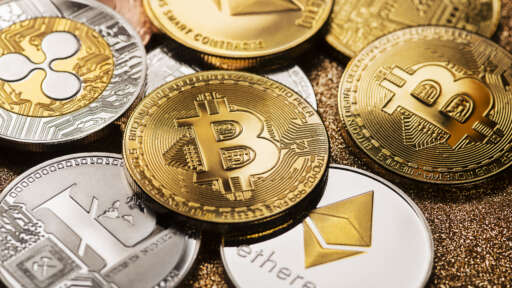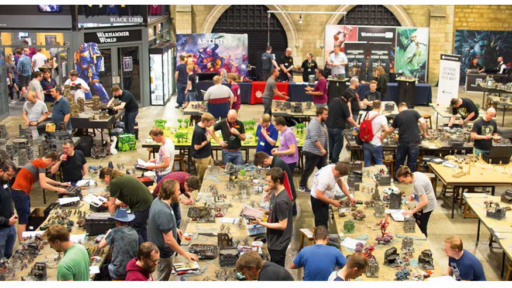
I have just been listening to a radio programme, where comedians where making fun of bitcoin for a studio audience. One claimed to have written a book about bitcoin and asked the audience to explain what bitcoins were. Nobody felt that they could. After noting that the price in the past had varied between incredible high and very low levels the speaker rhetorically asked the value of bitcoin and then immediately answered it as – ‘s*d all’, inspiring much hilarity from the audience.
This in itself makes an interesting point about human behaviour. We are all very ready to acknowledge that we don’t understand something but equally ready, despite this admission of ignorance, to jump to the conclusion that something new and unfamiliar is a load of rubbish. Maybe we all need to learn to pause for a moment and engage our brains. Just possibly the people buying and believing in cryptocurrencies are not idiots but are actually onto something important. Maybe not, but let’s at least try to think about it and keep an open mind.
It is a truism of investing that markets climb a wall of worry. This means that paradoxically widespread scepticism about an investment can be bullish. In the early days everybody thought Tesla was a train crash waiting to happen and the shares were massively shorted [sold by speculators looking to profit from a falling price]. Tesla is now one of the world’s most valuable businesses.
This same widespread scepticism is now directed at cryptocurrencies. The Governor of the Bank of England, Andrew Bailey, said in January that he doesn’t believe cryptocurrencies will last. No surprise that before becoming Governor he was chief executive of the Financial Conduct Authority (FCA) which, in a breathtakingly patronising move, recently banned spread betting firm, IG and other such investing platforms, from allowing retail investors to buy bitcoin.
Many of the great and the good are not just sceptical but actively hostile to cryptocurrencies. Bill Gates dismissed them recently as ‘useful for criminal elements’ and Warren Buffett described bitcoins as “rat poison squared”.
There is one thing though with which the sceptics cannot argue and that is the price. In 2013 a computer developer, who knew about a new virtual currency that had been created by a mysterious figure or group known as Satoshi Nakamoto, in 2008, swapped 10,000 of them for a pizza delivery. ‘Big mistake’ as Pretty Woman’s Julia Roberts said so satisfyingly to the snobbish shop assistant, who had refused to serve her, thereby missing out on some serious spending.
Since then the price has risen from effectively zero to a recent peak above $57,000 making those 10,000 coins worth $570m. There is a theory called the rubbish theory of value, where scarce items start valueless and become incredibly valuable. Bitcoin may end up as one of the most staggering examples ever of this process in action.
I understand why people find it hard to ascribe a value to bitcoin which, as far as I can tell is essentially a piece of open source software. However it is a very clever piece of software because it has set strict limits on the supply . There can never be more than 21m bitcoins of which some 18.5m have already been created and of which many were lost before people realised their value.
Rumours also suggest that Nakamoto may have squirrelled away 1m coins.
It is not only difficult to make them involving using massive amounts of computing power [and a significant share of the world’s total electricity generation] but it is becoming progressively more difficult [and expensive].
“The bitcoin mining process rewards miners with a chunk of bitcoin upon successful verification of a block. This process adapts over time. When bitcoin first launched, the reward was 50 bitcoin. In 2012, it halved to 25 bitcoin. In 2016, it halved again to 12.5 bitcoin. On 11 May, 2020, the reward halved again to 6.25 bitcoin. This effectively lowers Bitcoin’s inflation rate by half every four years. The reward will continue to halve every four years until the final bitcoin has been mined. In actuality, the final bitcoin is unlikely to be mined until around the year 2140. However, it’s possible the bitcoin network protocol will be changed between now and then.”
This process of changing the bitcoin protocol is complex and mysterious. However one thing seems clear. Given the influence of powerful interested parties it is unlikely ever to be done in a way, which will lead to lower values.



